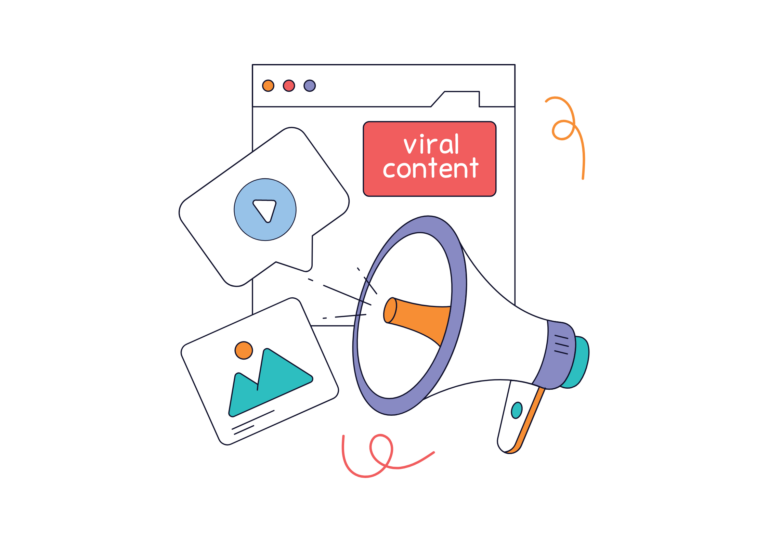SEO is a very important metric that determines the success of any business online. Using certain SEO keywords can affect how well your page ranks.
Let us learn more about SEO and how we can improve the SEO by using the keywords in the content.
Read on to improve your page rankings pump up more SEO keywords into your website and beat the crowd.

Keywords are the phrases and words people search for while looking for something on search engines like Google. Using the right set of keywords can help the search engine understand the content and rank it relevantly. Thus, having an optimized set of keywords is very important for any business operating online.
Now that we know the importance of keywords and SEO, let us understand where we can place our keywords:
In order to draw in users and search engines, title tags are essential. Put your main keyword in the title tag as soon as possible to boost search engine optimization. Make sure the title is pertinent to the content and brief (no more than 60 characters).
Search engine results display a concise synopsis of your content through meta descriptions. While not having a direct impact on rankings, they do have an impact on click-through rates (CTR). Make sure the meta description accurately represents the content and compels users to click by naturally incorporating pertinent keywords. For best results, try to limit your text to 150–160 characters.
Header tags help readers navigate between sections and organize your content. These headers are used by search engines to determine the hierarchy of the content. The H1 tag, which is usually the main heading, should contain your primary keyword. Use relevant keywords for the next headers (H2, H3, etc.) to further emphasize the subject.
The most room for keyword usage is in the main content. But refrain from stuffing your content with keywords, as this can result in search engine penalties. Rather, concentrate on giving your readers useful information and organically including keywords when appropriate.
– Keyword Density: To preserve a natural flow, aim for a keyword density of between one and two percent. This indicates that you can use your main keyword 1-2 times for every 100 words.
-Synonyms and Variations: Use synonyms or variations of your main keyword to maintain the interest of your content.
Another crucial component of SEO is the organization of your URLs. Add keywords to your URLs to help users and search engines understand the subject matter of the content. URLs should be brief and free of extraneous characters and symbols.
Understanding when to use keywords is just one factor in the equation. Selecting the appropriate keywords to target is also necessary. Here are some methods for effective keyword research:
Identifying keywords that are pertinent to your content should be your first step. Examine rival websites to see which keywords they frequently use and what their ranking tactics are. This can provide you important information about keyword trends in your industry.
To identify keywords with low competition and a high search volume, use keyword research tools. Moz, Ahrefs, SEMrush, and Google Keyword Planner are a few well-liked tools. These tools offer information on related terms, competition, and volume of keyword searches.
While choosing a keyword, comprehension of search intent is essential. Identify the purpose of the communication: transactional, commercial, navigational, or informative. To increase your chances of ranking higher, make sure your content is in line with the search intent.
One of the core components of SEO is using keywords wisely in your content. You can raise your content’s exposure and search engine rankings by cleverly inserting keywords into header tags, image alt text, title tags, content bodies, URLs, and internal and external links. Always keep your audience’s needs in mind and refrain from over-optimization.
Keep your content strategy and keyword research up to date to keep up with changing user behavior and search engine algorithms. You will raise your chances of generating organic traffic and long-term success with a well-executed SEO strategy.
Empowering businesses to optimize their conversion funnels with AI-driven insights and automation. Turn traffic into sales with our advanced attribution platform.



